VITAMIN D - ORAL
PHONETIC PRONUNCIATION:
COMMON BRAND NAME(S): Calciferol, Drisdol
GENERIC NAME(S): ergocalciferol (vitamin D2)
Uses
USES: Vitamin D (ergocalciferol-D2, cholecalciferol-D3, alfacalcidol) is a fat-soluble vitamin that helps your body absorb calcium and phosphorus. Having the right amount of vitamin D, calcium, and phosphorus is important for building and keeping strong bones. Vitamin D is used to treat and prevent bone disorders (such as rickets, osteomalacia). Vitamin D is made by the body when skin is exposed to sunlight. Sunscreen, protective clothing, limited exposure to sunlight, dark skin, and age may prevent getting enough vitamin D from the sun. Vitamin D with calcium is used to treat or prevent bone loss (osteoporosis). Vitamin D is also used with other medications to treat low levels of calcium or phosphate caused by certain disorders (such as hypoparathyroidism, pseudohypoparathyroidism, familial hypophosphatemia). It may be used in kidney disease to keep calcium levels normal and allow normal bone growth. Vitamin D drops (or other supplements) are given to breast-fed infants because breast milk usually has low levels of vitamin D.
How to use VITAMIN D - ORAL
HOW TO USE: Take vitamin D by mouth as directed. Vitamin D is best absorbed when taken after a meal but may be taken with or without food. Alfacalcidol is usually taken with food. Follow all directions on the product package. If you are uncertain about any of the information, consult your doctor or pharmacist. If your doctor has prescribed this medication, take as directed by your doctor. Your dosage is based on your medical condition, amount of sun exposure, diet, age, and response to treatment. If you are using the liquid form of this medication, carefully measure the dose using a special measuring device/spoon. Do not use a household spoon because you may not get the correct dose. If you are taking the chewable tablet or wafers, chew the medication thoroughly before swallowing. Do not swallow whole wafers. If you are taking the rapidly-dissolving tablets, dry your hands before handling the medication. Place each dose on the tongue, allow it to dissolve completely, and then swallow it with saliva or water. You do not need to take this medication with water. Certain medications (bile acid sequestrants such as cholestyramine/colestipol, mineral oil, orlistat) can decrease the absorption of vitamin D. Take your doses of these medications as far as possible from your doses of vitamin D (at least 2 hours apart, longer if possible). It may be easiest to take vitamin D at bedtime if you are also taking these other medications. Ask your doctor or pharmacist how long you should wait between doses and for help finding a dosing schedule that will work with all your medications. Take this medication regularly to get the most benefit from it. To help you remember, take it at the same time each day if you are taking it once a day. If you are taking this medication only once a week, remember to take it on the same day each week. It may help to mark your calendar with a reminder. If your doctor has recommended that you follow a special diet (such as a diet high in calcium), it is very important to follow the diet to get the most benefit from this medication and to prevent serious side effects. Do not take other supplements/vitamins unless ordered by your doctor. If you think you may have a serious medical problem, get medical help right away.
Side Effects
Precautions
Interactions
Overdose
Images
Reviews
Faq for VITAMIN D - ORAL
Vitamin D is a fat-soluble vitamin that is essential for proper bone growth and development. It also plays a role in immune function and muscle health.
The main natural source of vitamin D is sunlight, as our body can produce it when exposed to sunlight. However, it can also be obtained from certain foods such as fatty fish (salmon, mackerel), fortified dairy products, and egg yolks.
Vitamin D supplements can help prevent and treat vitamin D deficiencies, which can lead to weakened bones (osteoporosis) and muscle weakness. It may also have a positive effect on immune health and prevent certain diseases.
The recommended daily intake of vitamin D varies depending on age and health conditions. In general, adults should aim to get at least 600-800 international units (IU) of vitamin D per day.
Yes, excessively high doses of vitamin D can lead to toxicity. This usually occurs when people take extremely high doses of supplements without medical supervision. Symptoms of vitamin D toxicity can include nausea, vomiting, weakness, and kidney stones.
Certain individuals are at a higher risk of vitamin D deficiency, such as those who have limited sun exposure (like older adults or people who live in northern latitudes), people with darker skin, individuals with malabsorption issues, and those who follow strict vegetarian or vegan diets.
While there is ongoing research on the relationship between vitamin D and COVID-19, there is currently no solid evidence to suggest that vitamin D supplements can prevent or treat the virus. However, maintaining adequate vitamin D levels is important for overall immune function.
To increase your vitamin D levels naturally, you can spend time outdoors and expose your skin to sunlight (without sunblock) for about 10-30 minutes, two to three times a week. Additionally, incorporating foods rich in vitamin D into your diet can help boost your levels.
There is some evidence to suggest that vitamin D deficiency may be linked to depression, and supplementation can improve mood in some individuals. However, it is important to consult with a healthcare professional for proper diagnosis and treatment of depression.
Disclaimer
IMPORTANT: HOW TO USE THIS INFORMATION: This is a summary and does NOT have all possible information about this product. This information does not assure that this product is safe, effective, or appropriate for you. This information is not individual medical advice and does not substitute for the advice of your health care professional. Always ask your health care professional for complete information about this product and your specific health needs.
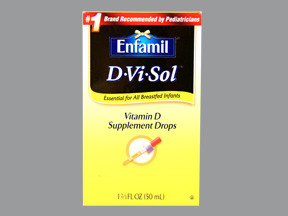
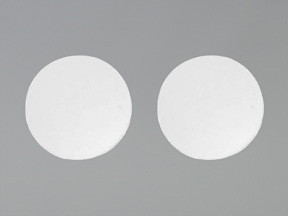
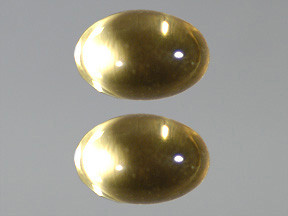
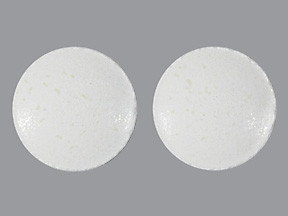
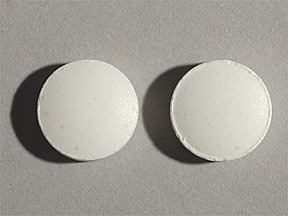
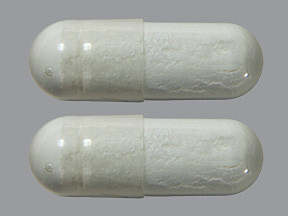
For Vitamin D Deficiency: I been taking Optimal D3 Brand for some years and I can tell works so good for my body. Recommended 100%
By Esteban on 27 Mar, 2019
For Vitamin D3 Deficiency: Optimal D3 improve my Viamin D3 level without any side effects. Today I continue taking this product for mantainance.
By Ricky on 12 Aug, 2020
For low Vitamin D: This pill is Gel which means it's PORK ingredients and I don 't eat pork. I'm returning this product for none pork pills.
By Sylvery Moon on 15 Dec, 2020